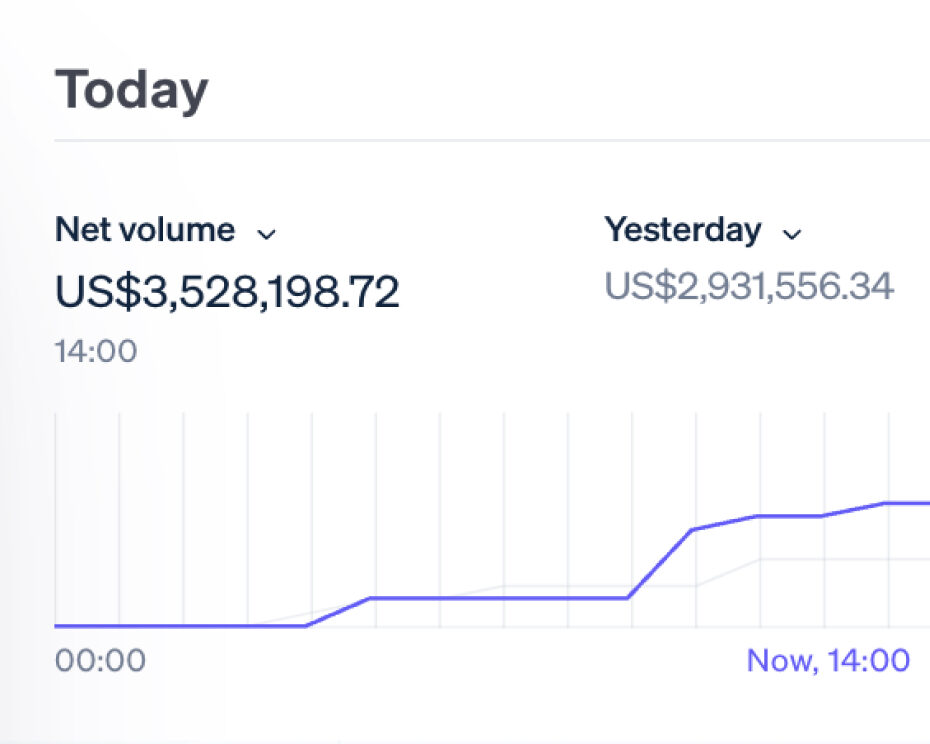The Complete Guide to Vendor Rebates
Vendor rebates are a key strategic tool used by suppliers to encourage business to buy. By offering rebates suppliers want businesses to buy in bulk or reach certain purchase thresholds. This helps businesses make more profit, strengthen supplier relationships and manage inventory better. In this guide we’ll look at how to use vendor rebates effectively and how different industries such as retail, manufacturing and electronics can benefit from them.
What are Vendor Rebates?
Vendor rebates are financial incentives given by suppliers to businesses based on their purchase volume or other specific criteria. These rebates are usually a percentage of total purchases and are designed to encourage more volume or long term partnerships.
What are the Benefits of Vendor Rebates?
- Cost Savings: Vendor rebates save overall purchasing costs and increase profit margins.
- Supplier Relationships: Rebates align supplier and business interests.
- Inventory Management: Businesses can manage stock levels by buying strategically in response to rebate offers.
What to Consider before Implementing Vendor Rebates?
Complex Agreements: Vendor rebate terms are complex and need to be negotiated and documented clearly.
Tracking: Accurate tracking of eligible purchases and timely submission of rebates is key to getting the full benefit.
How to use Vendor Rebates
Here are some quick, first level steps to using Vendor Rebates:
- Negotiate: Agree rebate thresholds, percentages and conditions with suppliers.
- Track: Track purchases that qualify for rebates.
- Claim: Set up a process to submit and receive rebates.
- Monitor: Review the rebate program regularly to see the cost savings and supplier relationships.
Examples of Vendor Rebates in Different Industries
Vendor Rebates in Retail
Retailers use vendor rebates to reduce product costs, increase profit and manage inventory better. By negotiating rebates with suppliers they can increase margins while offering competitive prices to customers.
Example of Vendor Rebates in Retail:
A grocery chain negotiates a 5% rebate on bulk purchases of certain products from a supplier. This reduces costs, increases margins and manages stock better.
Benefits for Retailers:
- Reduces product costs for high volume items.
- Reduces inventory turnover and overstock risk.
- Increases profit through strategic buying.
Vendor Rebates in Manufacturing
Manufacturing companies use vendor rebates to reduce costs on parts and materials so they can price competitively and make more profit.
Example of Vendor Rebates in Manufacturing:
An automotive manufacturer gets a 3% rebate on purchases above a certain volume of parts. This reduces production costs and gives them a pricing edge on their end products.
Benefits for Manufacturers:
- Reduces cost of raw materials and bottom line.
- Helps with pricing, so manufacturers can stay price competitive in the market.
- Improves supplier relationships for better terms in the future.
Vendor Rebates in Electronics
Electronics companies are in a price sensitive market where cost and margin management is key. Vendor rebates can reduce procurement costs and allow companies to price competitively.
An electronics retailer negotiates a rebate program with a supplier for a range of products. They get a 2% rebate on purchases above a certain threshold and improve their margins while offering better prices to customers.
Benefits for Electronics Companies:
- Reduces procurement costs and makes products more affordable for consumers.
- Increases profit margins on best sellers, for competitive pricing and promotions.
- Improves relationships with key suppliers.
Four Reasons why you should use Vendor Rebates
Cost Savings
Vendor rebates are a great way to reduce costs by rewarding more volume or longer term agreements with suppliers. By negotiating better rebate terms you can get some of your spend back which goes straight to the bottom line. Over time that adds up to a big cost reduction. That means more profit margin and more cash to reinvest in other areas of the business such as marketing, growth or technology upgrades.
Supplier Relationships
Vendor rebates are about more than just immediate cost savings; they also help build long term relationships with suppliers. By working with suppliers to design rebate programs that benefit both parties you can get better terms for future purchases. That often leads to more trust and cooperation which can mean better pricing, priority service or even access to new products. A strong supplier relationship is a key to keeping your supply chain stable especially in times of market volatility or demand spikes.
Inventory Management:
By linking vendor rebates to purchasing decisions businesses can manage their inventory levels strategically. By aligning purchases to rebate thresholds you can control the flow of goods and have the right stock at the right time. That reduces the risk of overstocking which can lead to unnecessary holding costs, spoilage or obsolescence in fast moving industries. Vendor rebates can also encourage smarter more efficient ordering habits and help businesses optimise their supply chain and reduce waste.
Competitive Advantage:
Businesses that get vendor rebates right can offer better pricing which leads to more sales and market share. By reducing procurement costs they can pass the savings back to their customers in the form of discounts or promotions and be more competitive in price sensitive markets. In industries like retail and electronics where margins are thin and competition is fierce leveraging vendor rebates can be a big differentiator. That pricing flexibility drives higher volumes and strengthens the overall market position.
Vendor rebates are a tool for businesses in retail, manufacturer and electronics. By negotiating better terms with suppliers, tracking purchases and reviewing their rebate programs regularly businesses can save costs, improve supplier relationships and get a competitive edge. Now go review your buying strategy and see how vendor rebates can boost your bottom line.
Powerful pricing software supported with deep experience
Flintfox gives you flexibility with your application, unprecedented speed and power from our pricing engine and support from our dedicated team.
